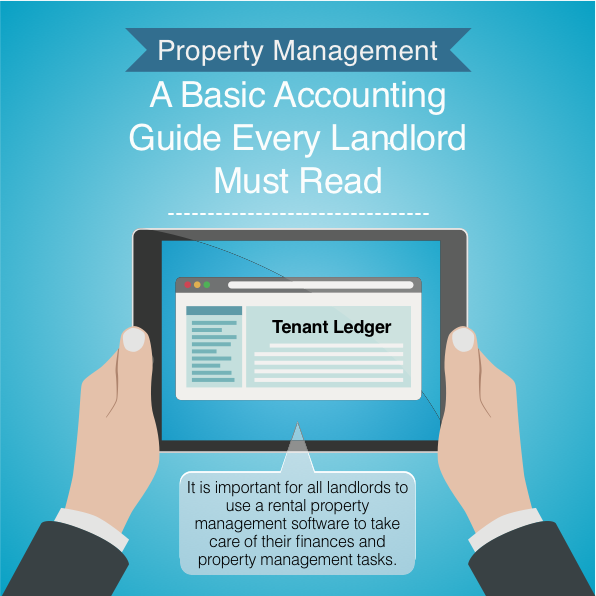Property management is not an easy task and it becomes even more difficult when you have to take care of accounting and money management. That is why it is important for every landlord to learn some basics of accounting. This will help them take control of their finances.
Here are 4 accounting basics that a landlord must learn for financial success in property management.
1. CREATE SEPARATE PERSONAL AND BUSINESS ACCOUNTS
First things first, you must separate your personal accounts from your business or property accounts. This will keep your personal and business finances separate from each other. You will be able to keep track of the income and expenses in and out of your business account. It is also advised to have a savings account to meet any rental property expenses. You will also need one to hold on to the security deposit paid by your tenants.
2. DIFFERENTIATE PROPERTY ACCOUNTS
If you have more than one rental property, then it is best to have a separate account for each of them. This will keep your income and expenses separately for each property. It will be much easier to file taxes, prepare your profit and loss statements and reconcile. Separate accounts will also let you know about the performance of each property and help you make decisions on the feasibility of each property.
3. TRACKING OF EXPENSES
Now that you have separate accounts for each of the properties, it will be easier for you to track your expenses. Landlords need a reliable system to help them keep a track of the inflows and outflows of cash for their properties. The best way to do so is to use property management software. Property management software makes it a lot easier to take care of your finances. You don’t have to do anything manually. Everything is automated if you use software to help you.
4. ACCRUAL OR CASH METHOD
Which expense tracking method you want to use for your rental properties is also a big decision that you have to make. You can choose between the cash or accrual method of recording expenses and income.
If you like to record the expenses and income as they occur, then use the accrual method. On the other hand, if you like to record the expenses and income as they hit your account, then the cash method is the recommended form for you. Landlords with a large number of rental properties usually prefer the accrual method of recording expenses and income. Alternatively, if you don’t have too many properties, then the cash method may work best for you. This will give you a clear picture of how much cash you have in hand at any moment.
Managing rental properties and their finances is not an easy job. It becomes all the more difficult when you have more than one rental property. The best way to handle finances is to use rental property management software.
Tenant Ledger is an all in one cloud-based property management software that allows property managers and owners to track their properties, tenants, leases, financials background checks, and more.
Find out more about Tenant Ledger property management software here.

